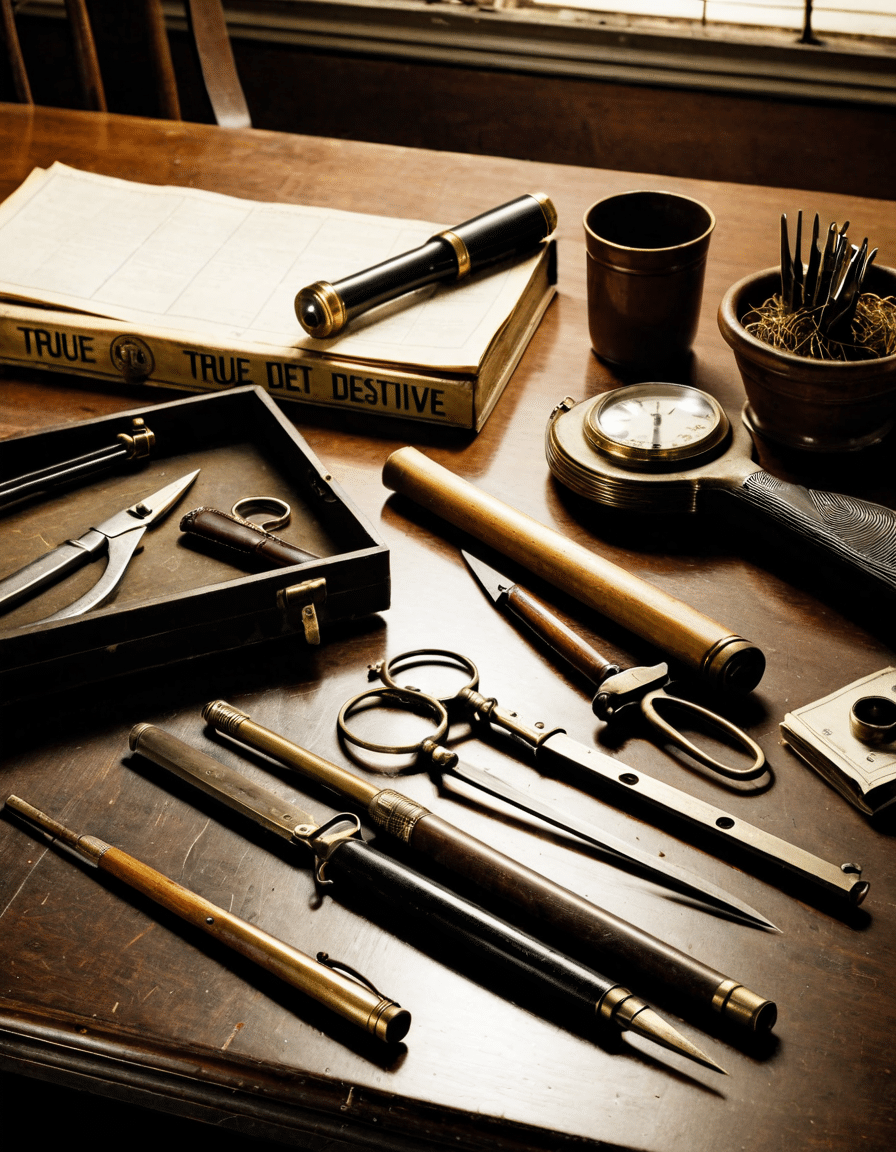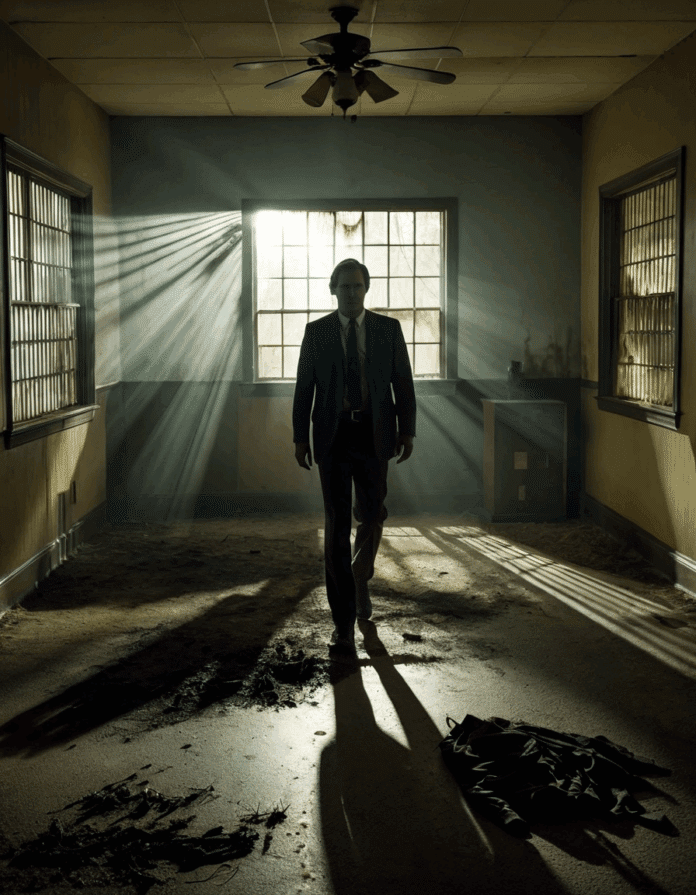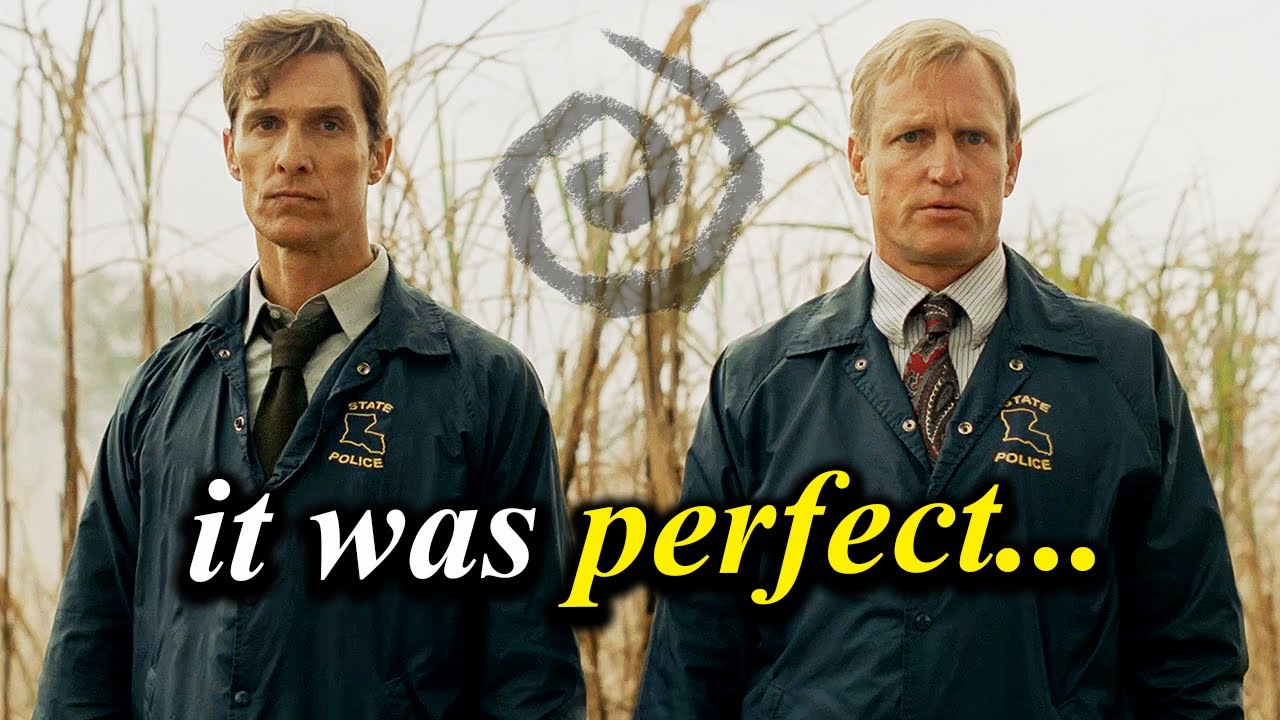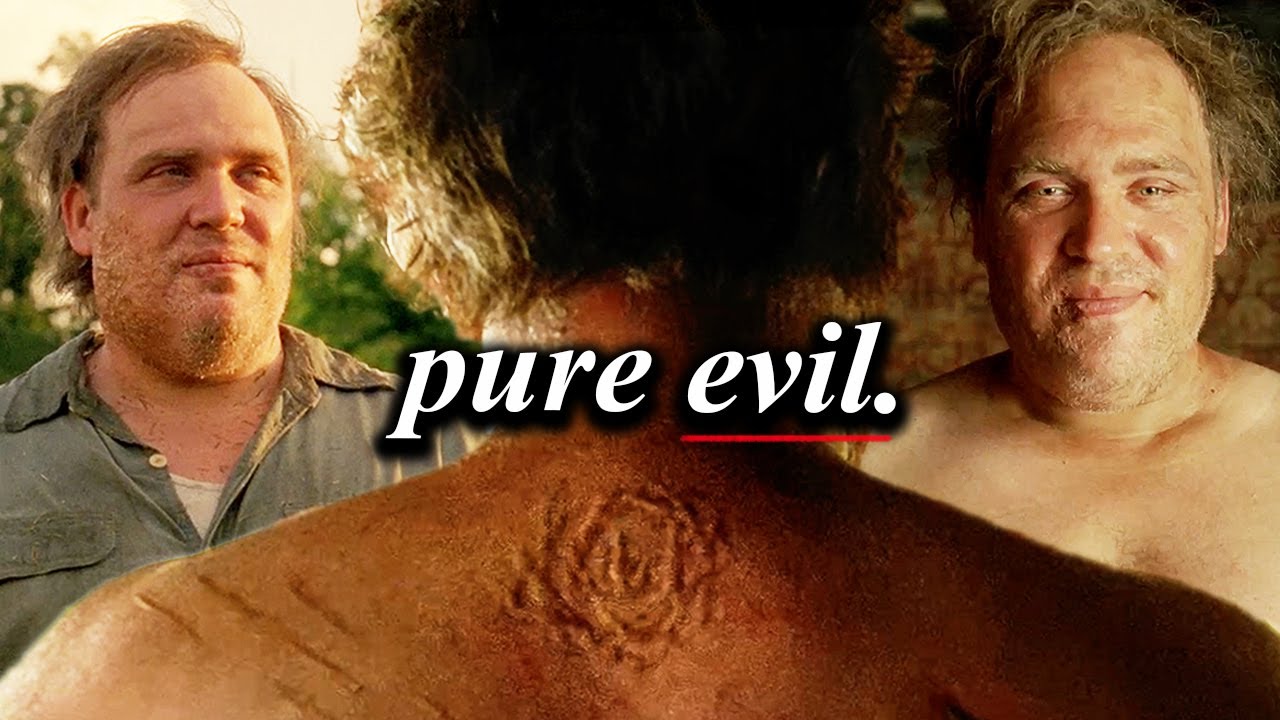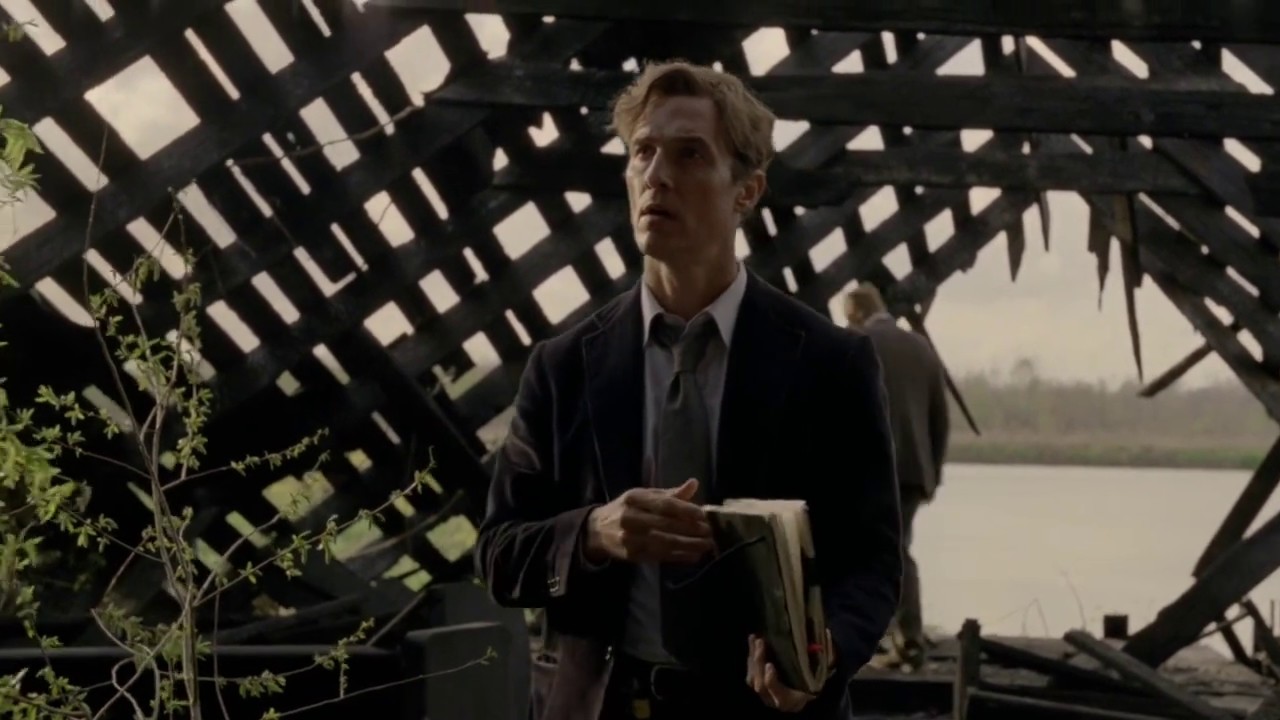Exploring True Detective Season 1: A Masterclass in Dark Storytelling
Since its debut in 2014, True Detective Season 1 has become a significant talking point in television history. This season, with its intricate narrative weaving and deep themes, captivates both audiences and critics alike. It set a high standard for anthology series and raised the bar for storytelling on the small screen. Let’s take a closer look at seven critical elements that showcase the dark mastery displayed throughout True Detective Season 1.
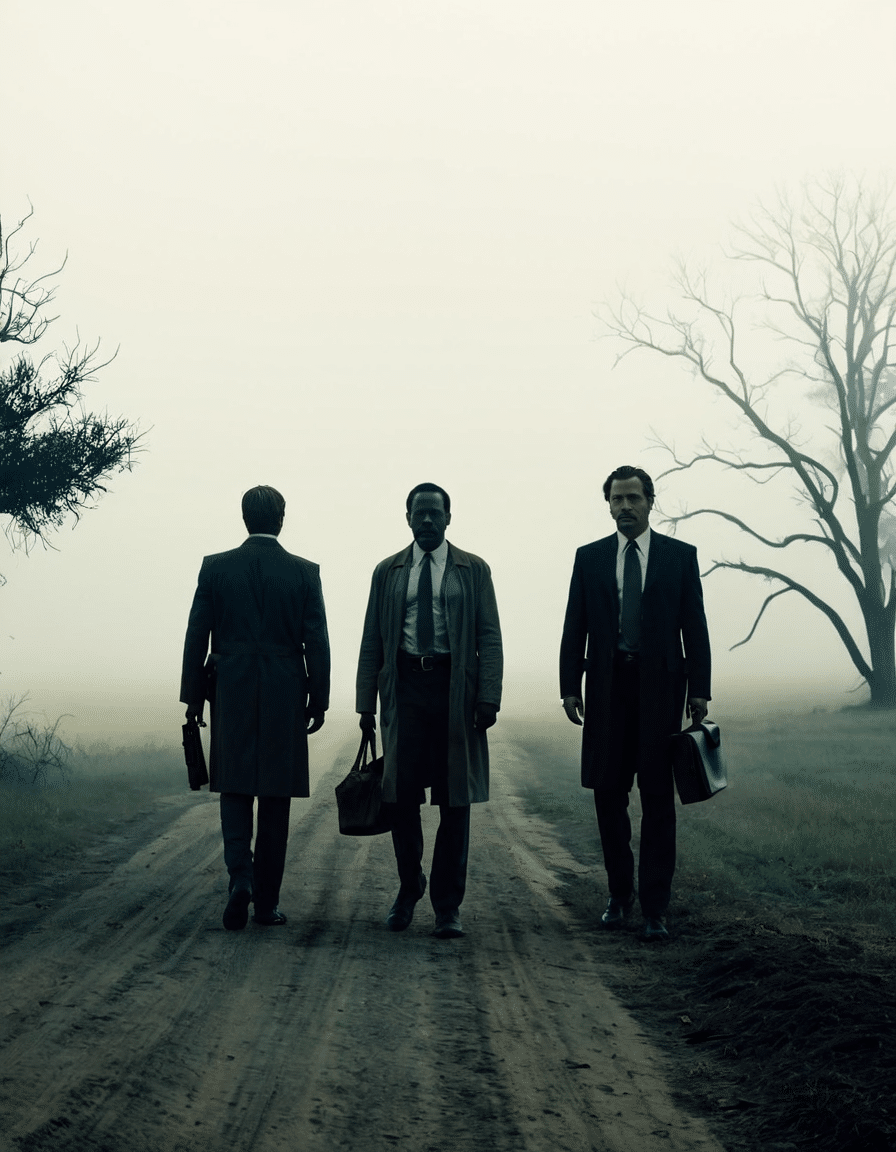
1. Complex Characters: Rust Cohle and Marty Hart
At the heart of True Detective Season 1 is the dynamic relationship between Rust Cohle and Marty Hart, brilliantly portrayed by Matthew McConaughey and Woody Harrelson, respectively. Rust Cohle’s philosophical musings often clash with Marty Hart’s traditional yet flawed view of morality and life. This compelling duality adds layers of depth to the narrative.
The interplay between these characters invites viewers to reflect on their own beliefs and choices. Cohle’s dark introspection paints a stark contrast to Hart’s more grounded approach. The tension between their conflicting worldviews drives the plot, ultimately revealing the complexities of human nature.
2. Non-linear Storytelling: A Narrative Puzzle
True Detective Season 1 shines through its non-linear storytelling. The plot unfolds over multiple timelines, challenging viewers to piece together the narrative like a puzzle. This structure doesn’t just maintain suspense but also mirrors the complexities of human memory and trauma.
As the show jumps between the past investigation and recent interviews, it enhances the atmosphere of mystery. This disjointed timeline keeps viewers engaged and guessing, reflecting the chaotic nature of life itself. You’re not just watching a simple crime drama—you’re on a journey through the fragmented memories of the characters.
3. Philosophical Undertones: The Nature of Evil
One of the standout features of True Detective Season 1 is its deep philosophical exploration of fundamental questions about evil, fate, and the human condition. Cohle’s perspective, shaped by personal tragedy, urges viewers to confront uncomfortable truths about society.
His musings provide richness and depth, as dark, brooding dialogue envelops the screen. Instead of merely serving as entertainment, the series pushes the audience into uncomfortable introspection about morality. This thought-provoking narrative grabs ahold of viewers and refuses to let go.
4. Atmospheric Cinematography: Visually Stunning Horror
The cinematography in True Detective Season 1 plays a crucial role in crafting its unnerving atmosphere. Adam Arkapaw’s visual style evokes the haunting beauty of Louisiana’s landscape, creating an unsettling backdrop for the chilling narrative.
Iconic shots of the listless swamps and dilapidated structures add significant weight to the show’s tense ambiance. As the camera lingers on the surroundings, it feels as if viewers themselves are walking through this dark world. This visual mastery enhances the overall storytelling experience, pulling viewers deeper into the narrative.
5. Iconic Soundtrack: Enhancing Emotional Depth
Music serves more than just a backdrop in True Detective Season 1; it amplifies emotional depth and propels the narrative forward. The haunting theme composed by T Bone Burnett pairs perfectly with the show’s ominous tone.
The carefully curated soundtrack augments key scenes and heightens viewers’ emotional responses. Each musical choice reflects the characters’ struggles, adding to the overall thematic resonance. The soundtrack contributes to an immersive experience, making every episode a memorable journey.
6. Cultural Commentary: Reflections on Society
True Detective Season 1 also serves as a train of sharp commentary on various pressing societal issues. Corruption, violence, and the relentless search for truth swirl throughout the storyline.
Through its portrayal of Louisiana’s law enforcement and institutional decay, the series mirrors contemporary social concerns, prompting viewers to consider wider implications. This reflection on society adds another layer to the viewing experience, compelling audiences to engage with the narrative on a more profound level.
7. Enduring Legacy: Impact on Television
The artistic merits of True Detective Season 1 have left an indelible mark on television. Its literary depth and philosophical explorations set a precedent for future anthology series. Following in its footsteps, shows like Fargo and The Night Of have drawn inspiration, highlighting the influence of this groundbreaking season.
Its success redefined how audiences perceive crime dramas, pushing the boundaries of storytelling on television. The legacy of True Detective Season 1 lives on, continually inspiring new narratives that strive for that same level of excellence.
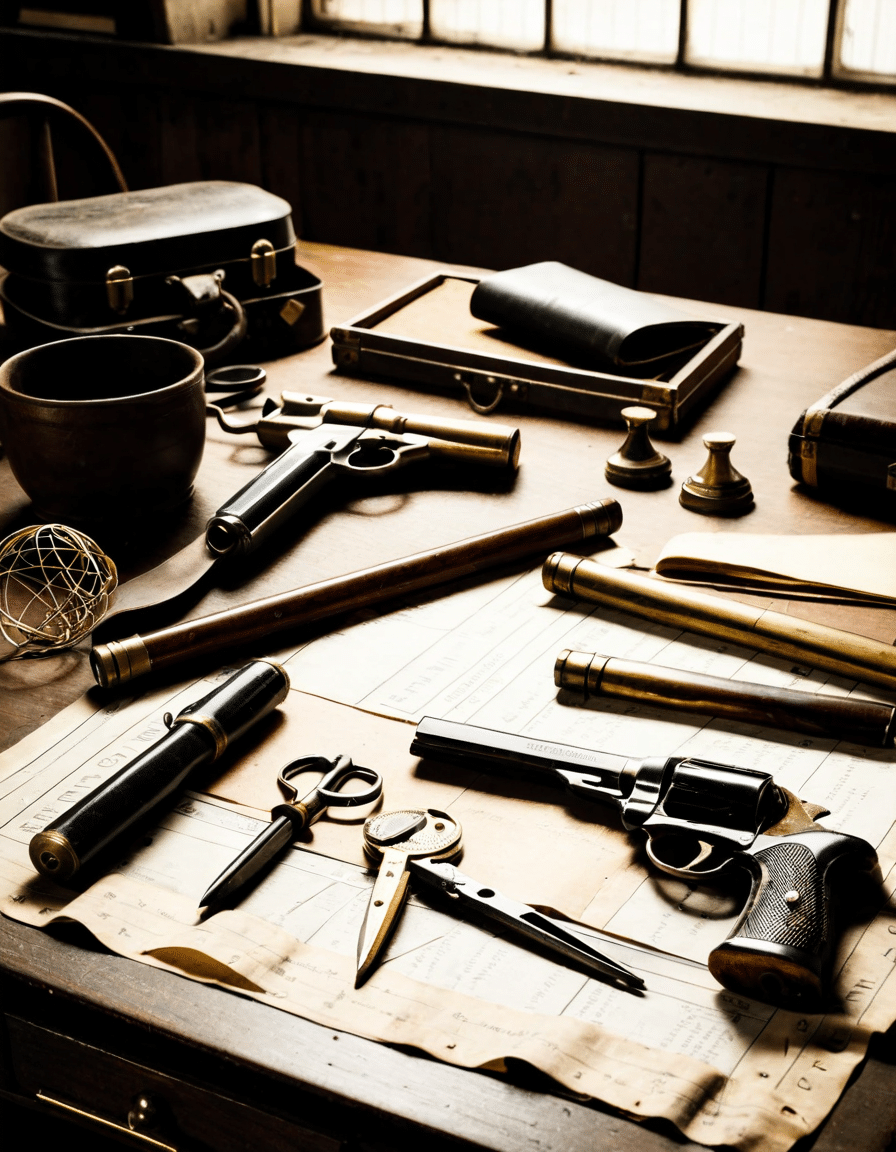
Final Thoughts
Walking away from True Detective Season 1, viewers find themselves pondering profound questions about existence and morality. The season’s masterful character development and intricate narrative craft an unforgettable viewing experience.
Sure, it’s a crime drama, but it transcends the genre and becomes a powerful exploration of the dark corners of the human psyche. The dark mastery of this season solidifies its place among the greatest television has to offer, compelling viewers to reflect and discuss long after the credits roll. As we move into 2026, the conversation surrounding the striking narrative mastery of True Detective Season 1 will undoubtedly continue, solidifying its lasting impact on the world of television.
True Detective Season 1 Trivia and Fun Facts
Behind the Scenes and On Screen
“True Detective Season 1” isn’t just a dive into the dark corners of humanity; it’s also a treasure trove of fascinating tidbits. For instance, did you know that Matthew McConaughey’s portrayal of Rust Cohle almost didn’t happen? His performance single-handedly reignited interest in his film career, especially given his impressive list of Matthew Mcconaughey Movies. Interestingly, the show’s creator, Nic Pizzolatto, drew on obscure philosophical ideas, integrating them into the dialogue, which makes every episode feel like a lesson as much as a thriller.
On the technical side, the series’ cinematography—hailed for its haunting beauty—was achieved with impressive attention to detail. Think of it like the precision behind an oil pressure sensor in a car’s engine; every decision mattered in creating the series’ eerie vibe. And let’s not skip over the soundtrack, which perfectly complements the story’s gritty atmosphere. Believe it or not, the cast spent long hours on set where meals often consisted of quick bites, like a cup of noodles after a long shooting day. Those late-night ramen sessions sparked camaraderie amongst the crew.
The Stars and Their Secrets
Not only did McConaughey shine in his role, but his co-star Woody Harrelson also brought an intensity that captivated viewers. What some might not realize is that both actors have ventured into diverse projects—Harrelson even starred in a few playful Nickelodeon Shows during his early career! Meanwhile, the outstanding performance by each character delves deep into the human psyche, exploring themes as complex as the motivations behind Terrell Owens legendary athletic career, reminding us that every character has layers and reasons for their actions.
Fans also love exploring the lighter side of the actors off-screen. A quirky fact? During breaks, Harrelson was spotted riding an exercise bike on set, proving commitment to wellness even amid playing a detective! Together, they navigated the dark waters of their roles with times filled with laughter too. Another interesting tidbit involves the wardrobe; Cohle’s iconic look, including those infamous long johns he wore during a crucial scene, has sparked discussions about character authenticity versus style.
So whether you’re checking out Craigslist utica for memorabilia from the show or simply engrossed in its nuances,True Detective Season 1″ remains a multi-layered adventure that continues to intrigue its audience. And hey, you never know—every rewatch might reveal hidden elements worth uncovering, much like the TCF program’s commitment to addressing addiction through education and support, linking the stories we weave in our lives. Each episode pulls you deeper, making it a rich narrative experience with unforgettable moments that linger long after the credits roll.
